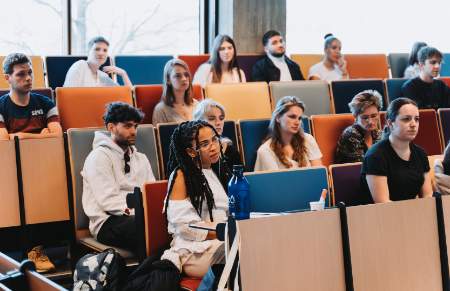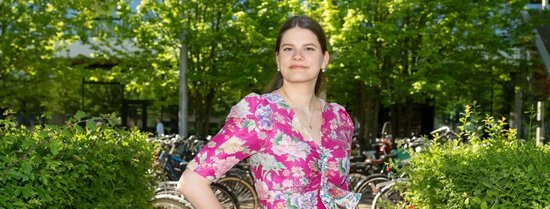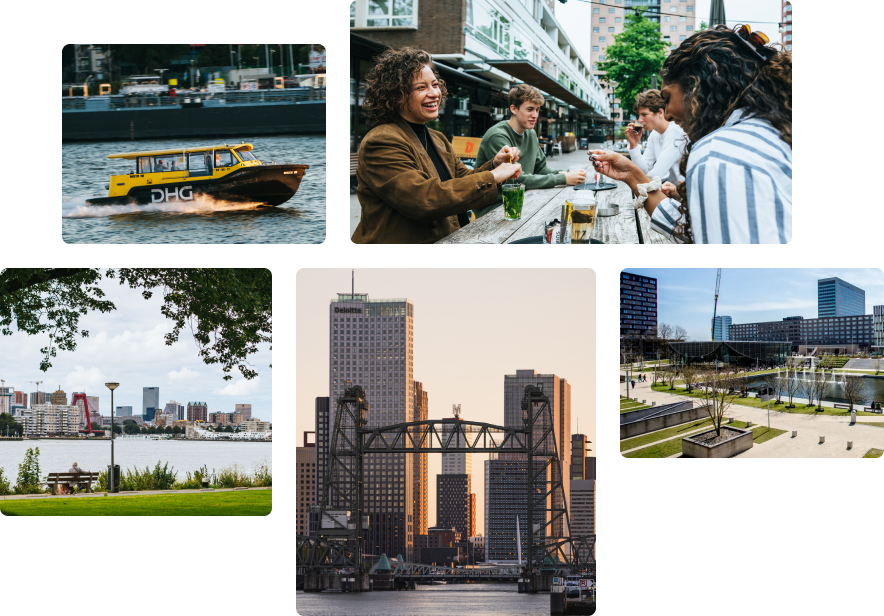Is this the programme you're looking for?
The primary objective of our Clinical Psychology master’s specialisation is to equip students with a strong theoretical foundation and essential skills for conducting clinical psychology research, assessments, and interventions. This programme focuses on imparting knowledge and expertise essential for evaluating, diagnosing, and treating various forms of psychopathology in adult populations.
Practical information
- Type
- Master
- Degree
- MSc
- Mode of study
- Full-time
- Instruction language
- Dutch and English
- Duration
- 1 year
- Study points (EC)
- 60
- Location
- Campus Woudestein
- Start date
- September
- Application Deadline (EEA)
- 1 April
The study programme in a nutshell
Large cities often face overlapping and complex challenges, including psychopathology, criminal behaviour, personality disorders, and addiction. These issues are at the heart of this Clinical Psychology master’s specialisation.
Watch the study programme video

What you will learn
In this master’s specialisation, you will study the theories and research methods used to examine adult psychopathology, its causes, and treatment approaches. You will learn how to apply scientific knowledge to real-world psychological problems. Depending on your track choice, you will focus either on research skills or the combined development of research and clinical skills. Therapeutic skills are taught in the clinical track, preparing you for work in applied psychological settings
Is this the right programme for you?
- You are interested in understanding the causes of adult psychopathology and how it can best be treated.
- You are drawn to complex mental health problems often seen in urban contexts, such as addiction and personality disorders.
- You want to approach clinical psychology from a scientific, evidence-based perspective.
- You are motivated to strengthen your skills in psychological research and/or clinical practice, depending on your track choice.
Note: The international Clinical Psychology track is fully taught in English. Dutch language skills are not required.
Want to know more? Meet us here

Career opportunities after graduation
After completing this master's programme, you will have various career options. You can continue in research, find a job in psychological practice or healthcare, or pursue further studies in healthcare, child and youth services, or organisational and advisory roles, depending on your interest.


